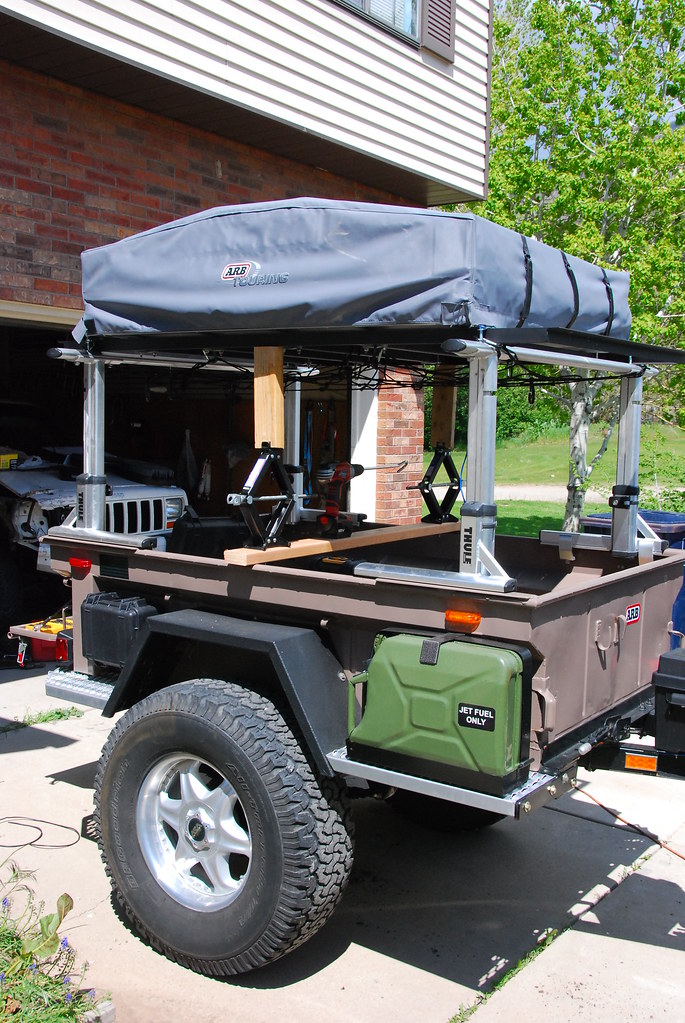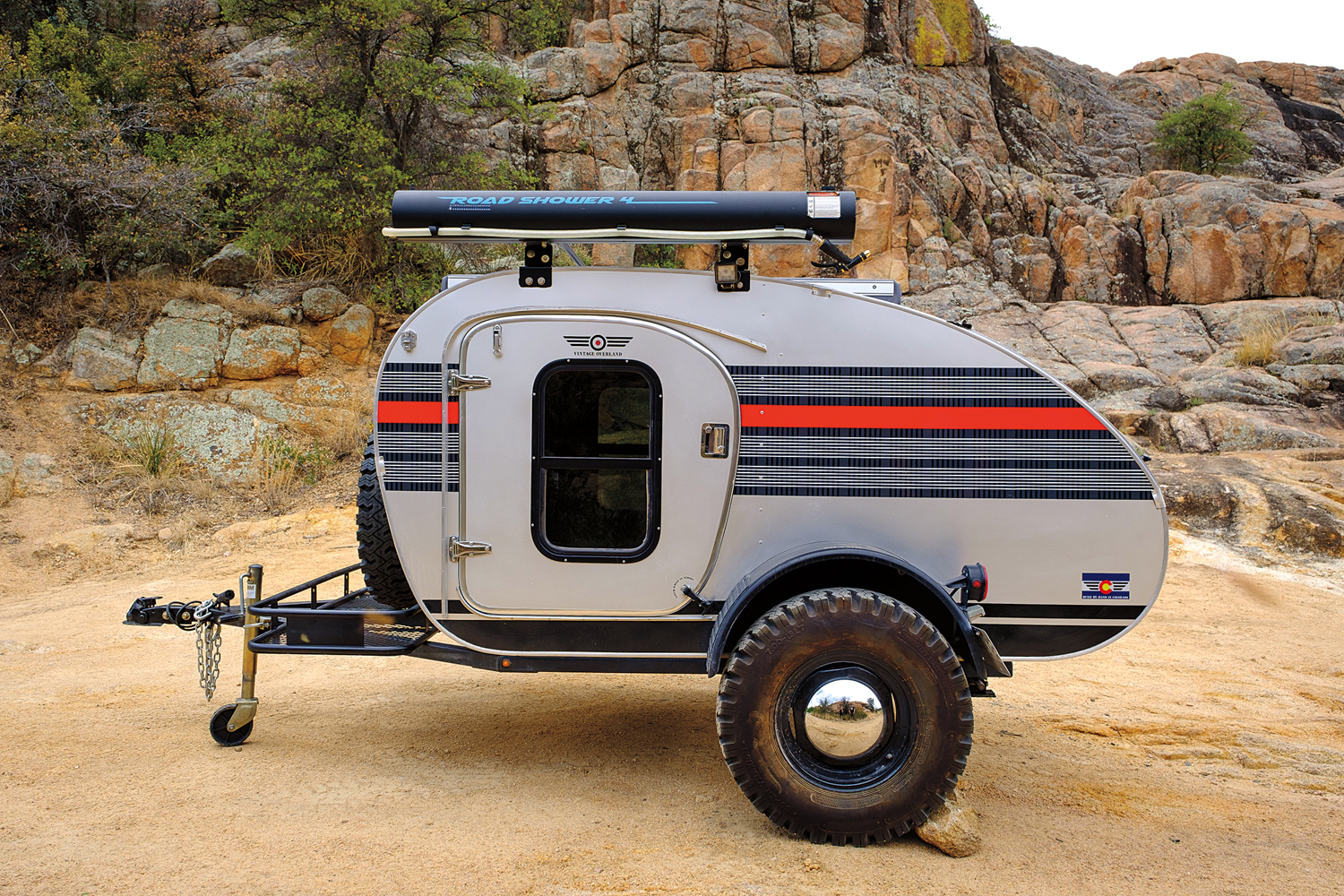
There is no doubt that adding a trailer adds complexity to your overland setup. Very deep snow, sand or mud is the biggest disadvantage to trailer weight as these conditions change the dynamic of how the vehicle performs. This is especially the case when trying to find a parking spot, trying to avoid unmarked one-way streets or attempting to turn around in tight areas.ĭepending on the severity of the trail and the trailer you buy, the trailer might limit you in off-road conditions. Narrow city streets in Central America and Peru can be difficult to navigate with a large rig and trailer.

Trailers complicate a driver’s ability to make quick lane changes, rapid turn-arounds and sudden braking without damage to either the tow vehicle or trailer. Overland vehicles without trailers can make faster reactionary movements while driving thus having a defensive driving advantage. The Cons of Overlanding With Trailers Defensive Driving and Maneuverability Take A Hit Rooftop tents installed atop a trailer are also lower to the ground, making for a more accessible bed with easier set up and tear down. In terms of ease, oftentimes trailers can handle larger rooftop tents (such as the Eezi-Awn 1600 or Globe Tracker Trailer Tent) than tow vehicles. We use these boxes for dry storage in all of our trucks. The galley offers a much better cooking environment with a lot of flat surfaces and boasts spacious storage caverns for. In fact, we haven’t come across a better trailer than the Patriot Camper out on the market.Īs with any home, the galley or kitchen space can quickly become the hub of the campsite. In our experience, the Patriot Campers galley systems are much more efficient than any vehicle-based system. The organization of a well-built trailer is second to none. Transferring these items to a trailer also frees up the tow vehicle from requiring extensive modifications suspension, tires and a bumper with a hitch would do the trick. Weight distributionĪs tow ratings are typically higher than payload ratings, many heavy items can live on a trailer including water tanks, rooftop tents, a galley system and large storage solutions.

In the event you need to quickly depart the premises (say due to an injury or security issue) staging a trailer can also be a valid safety factor. Staging a trailer also allows a group to split up, for example, if certain family members want to stay at camp while others desire a quick trip to town or a trail run.
#OVERLAND TRAILERS DRIVERS#
Trailers are especially helpful to the weekend warrior, as drivers can stage the trailer at a campsite and head out to go fishing, hiking or to tackle an off-road trail with the added convenience of using the vehicle as a daily driver sans trailer during the week. The Pros of Overlanding With Trailers Freedom!Ī camp setup built around a trailer allows the tow vehicle to leave at any time. To tow a trailer or not to tow a trailer? That is the question! Here are the pros and cons of each. one vehicle and one trailer can hold two rooftop tents, providing sleeping arrangements for all occupants of the vehicle (rather than adding an extra vehicle). This setup is also more efficient for a single platform – i.e. As we travel in a large group, we find there is more room in the tow vehicle for occupants and their belongings.

Whether or not a trailer will work for you will depend on your setup, trip goals and priorities.Īt Expedition Overland we choose to tow trailers for many reasons, but in particular because they provide the necessary cargo space for a fully loaded single vehicle. Like anything, towing a trailer has its pros and cons.

A great trailer can offer excellent storage solutions and additional freedom. Overlanding and off-road trailers are gaining popularity, and for good reason.


 0 kommentar(er)
0 kommentar(er)
